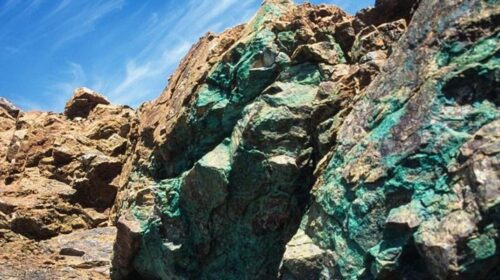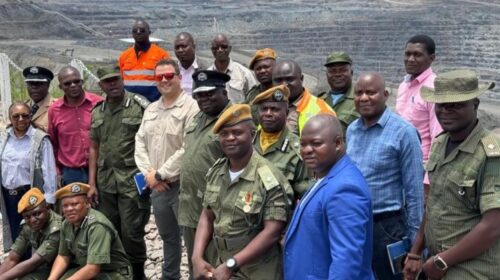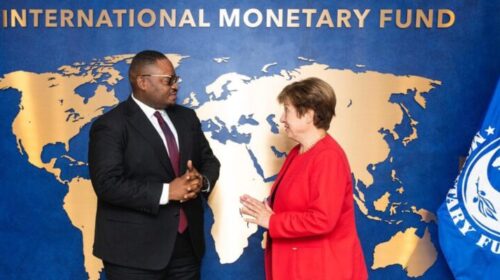Budget deficit reflects mining decline in DRC
Macroeconomic researcher Fitch Solutions expects that the Congolese budget deficit will widen from an estimated 0.7% of gross domestic product in 2019 to 1.1% in 2020, owing to declining revenues from the mining sector.
The Congolese mining sector has a major bearing on government revenues, accounting for about 36% of total government revenues in 2018.
Fitch Solutions notes that, while tax revenue from the mining sector more than doubled in 2018, the sector is facing severe challenges in the coming quarters.
In June 2019, mining revenues fell by 12% year-on-year with total revenues also declining by 12.3%. This, Fitch believes, reflected weakness in global prices for copper and cobalt, which have fallen by 24.5% and 1.8%, year to date, respectively.
Given Fitch Solutions’ expectation for falling mining production and weak prices in key mining exports in 2020 and 2021, the expectation is that revenue from the sector will decline, contributing to a widening of the budget deficit.
Fitch’s commodities team expects copper prices to decline until 2022, while its mining team expects that output in the mining sector will also decline in 2020. Both factors are likely to weigh heavily on government revenues.
Over its forecast period to 2028, it expects that the fiscal balance will remain in small deficit, exposed to fluctuations in the mining sector and metals prices.
However, subsequent to last month’s announcement that Glencore is negotiating a long-term contract to ship cobalt to Tesla’s new electric vehicle (EV) factory in Shanghai, demand is expected to surge as Tesla expands in China and Europe.
Additionally, German automotive manufacturers Volkswagen AG and BMW AG have also engaged contracts with Glencore in light of plans to increase their respective EV fleets.
Notably, it is estimated that two-thirds of global cobalt production comes from the Democratic Republic of Congo (DRC), where fears about political instability and the challenges of ethical sourcing combine to amplify supply concerns, contributing to an unstable market.
Battery supply chain and price reporting company Benchmark Mineral Intelligence suggests that as much as 75%, or about 138 000 t, of the cobalt produced in 2019 would have been produced in the DRC.
Benchmark reports that cobalt prices came under renewed pressure in December, most notably for cobalt hydroxide, which plunged by more than 10% over the course of the month.
The Asian import price of cobalt hydroxide was $20 800 t at the end of the year, according to Benchmark data.
That constitutes a 47% drop in price.
Given the importance of battery metals to the Congolese mining sector, it is evident that the sector will face significant headwinds into 2020.





